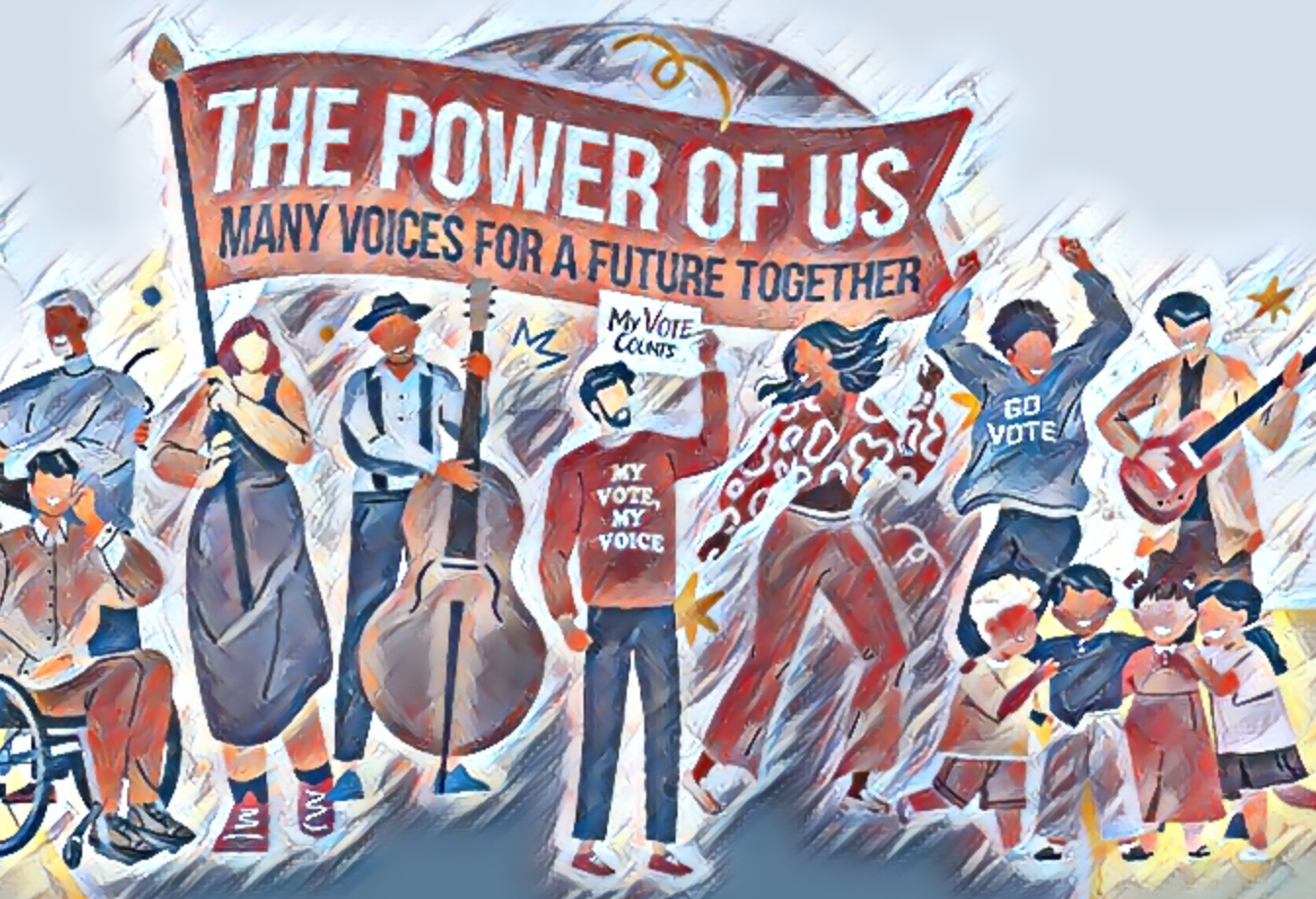How…and why immigrant leaders are reshaping politics in global power hubs…
-685e7357baac1.jpeg)
Across the world's great cities and capitals–from New York to London, Canberra to Ottawa–a profound, yet often unremarked, political transformation is underway.
Leaders from immigrant backgrounds are no longer outliers or symbolic figures in public life. They are increasingly occupying central roles, actively shaping policy debates, challenging long-standing systems, and forging broad-based coalitions that are redefining some of the world’s most influential democracies.
This is a fundamental shift in political culture. Figures like Zohran Mamdani in the U.S., Ed Husic and Fatimah Payman in Australia, Sadiq Khan and Rishi Sunak in the UK, and Maryam Monsef in Canada are not just at the forefront of this change—they embody it.
Their ascent signals a new understanding of leadership, one where pedigree takes a backseat to purpose, deep community connection, and unwavering courage.
These leaders are demonstrating a crucial truth: when immigrant identity is grounded in genuine grassroots engagement and a commitment to universal policy advocacy, it can resonate with entire electorates, not just specific ethnic groups.
Their success is mostly about building bridges and finding common ground.
Consider New York, where Assemblyman Zohran Mamdani's recent mayoral primary success was fueled by a robust working-class agenda centered on affordable housing, universal childcare, and economic dignity.
His campaign, powerfully described as "immigrant-led politics rooted in global resistance," skillfully forged solidarity across class and racial divides.
This reflects a growing political maturity among younger, diverse voters who are increasingly looking beyond traditional affiliations.
Similarly, in London, Sadiq Khan, the city's Pakistani-origin mayor, has not only thrived but secured a third term by consistently focusing on issues that transcend identity: clean air, accessible transport, and public safety.
His personal narrative–the son of a bus driver who rose to lead one of the world's great cities–remains central to his remarkable ability to connect with voters across the entire political spectrum.
And in Australia, immigrant leadership is actively redrawing old political boundaries. Ed Husic, the country’s first Muslim federal minister, leverages his deep roots in Western Sydney and his union background to champion consumer and tech policy with a quiet yet formidable determination.

A trend that can’t be ignored
This emerging landscape of leadership suggests a future where political influence is earned through genuine connection and a commitment to broad public good, rather than inherited status.
It’s a powerful testament to the evolving face of democracy, where the strength of a nation is increasingly found in the diversity of its leaders.
The evolving narrative of immigrant leadership isn't monolithic; it encompasses a spectrum of approaches, each contributing to a more nuanced political landscape.
While some leaders find their strength in broad consensus, others embrace a more confrontational, conscience-driven path.
Consider Fatimah Payman, the Afghan-Australian Senator who recently garnered global attention. Her resignation from the Labor Party over its stance on the Gaza conflict, while drawing criticism from party loyalists, was widely lauded as an act of courage.
For a generation of young, justice-driven voters, Payman’s bold stand served as a potent reminder that principle can still hold sway in public life, even when it challenges established political lines.
Her actions underscore a growing demand for authenticity and moral conviction from elected officials.
Across the globe in the United Kingdom, Rishi Sunak's ascent to Prime Minister marked another significant milestone. As the country's first British Asian leader, his appointment was historic.
While his tenure has not been without controversy, particularly concerning issues of wealth and class, Sunak's technocratic leadership style and composed fiscal management during the pandemic projected an image of stability in a period of significant turbulence.
His rise highlights how immigrant leaders can navigate complex national challenges, bringing a distinct blend of pragmatism and a fresh perspective to high office.
And in Canada, the journey of Maryam Monsef vividly illustrates the ideals of inclusion and opportunity. A former Afghan refugee, Monsef rose to cabinet rank, becoming a powerful symbol of Canada’s celebrated multicultural success story.
Despite facing scrutiny during her time in office, her trajectory from asylum-seeker to influential policymaker compellingly embodies the potential for new voices to shape national policy and contribute at the highest levels of government.

A winning
formula for politicians
So, what unites these groundbreaking immigrant leaders, from Zohran Mamdani to Fatimah Payman and Rishi Sunak?
It's far more than their shared ethnicity or background. Instead, their success reveals a potent, replicable political strategy built on several key pillars:
First, local trust and grassroots campaigning are fundamental. These leaders often forge deep connections within their communities, building a foundation of trust that transcends traditional political divides.
Second, their focus on universal issues like affordable housing, job creation, and accessible healthcare resonates broadly. By championing policies that benefit everyone, they demonstrate a commitment to collective well-being over narrow interests.
Third, a willingness to take significant risks, even at personal cost, distinguishes many of these figures. Whether challenging party lines or confronting established norms, their courage in standing on principle inspires confidence.
Crucially, these leaders excel at building broad coalitions beyond ethnic lines. Their campaigns and policy agendas actively seek to unite diverse groups, proving that identity can be a bridge, not a barrier, to wider support.
Finally, they consistently demonstrate managerial competence and clarity in their portfolios. Their ability to deliver tangible results and articulate clear visions for the future reinforces their credibility and effectiveness.
Their collective success underscores a public appetite not just for diversity in appearance, but for authenticity, integrity, and decisive action.
Voters are increasingly drawn to leaders who are genuinely rooted in real-world experiences and who demonstrate a clear purpose.
As the demographic tapestry of democracies continues to evolve, the rise of immigrant leaders is not only inevitable but also essential. And they are not simply reshaping political institutions; they are actively revitalizing them from within.
Their journeys offer a powerful testament to democracy at its most vibrant—a system that thrives when it truly reflects the complexity, resilience, and hope of the people it serves.
In an age marked by growing political cynicism, these leaders offer a vital reminder: principled politics, anchored in lived experiences, still possesses the profound power to unite and inspire.
—
Dr Faysal Kabir Shuvo is a Sydney Based data professional and urban planner, he writes on urban planning and development as well as political issues.

